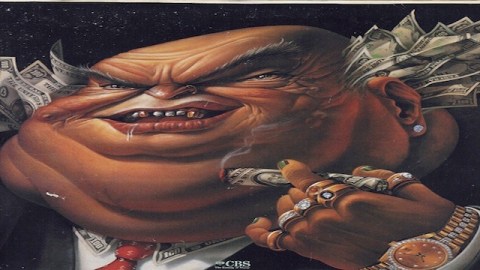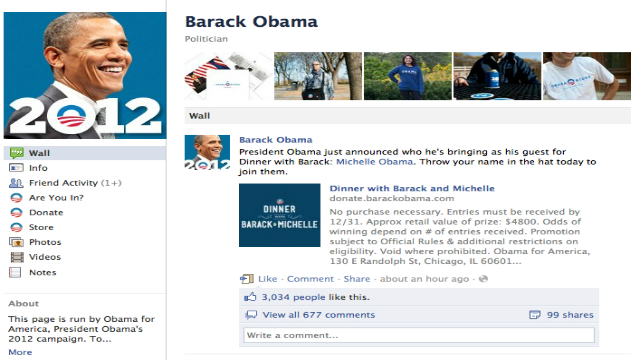In the fight for children’s nutrition, it’s McDonald’s 1, San Francisco 0

As a general rule, I’m a fan of changing human behavior by changing the rules we live by. Given how inconsistent people are, it seems to me foolish to rely on good will, abstract principles or our rational perception of our own self-interest. Also, it’s pretty hard to know what you’ve achieved when success is reckoned in terms of raised consciousness, spiritual growth, enlightenment or other unmeasurable changes in the dark secret heart of each citizen. Better to measure how much we’ve all recycled. Tell people they’ll help the environment and save money long-term if they buy modern lightbulbs, some people will, some of the time. Make it impossible to buy the old wasteful bulbs, though, and energy-efficiency improves because people just adapt to the new landscape (at least until some idiot makes old bulbs into a proxy for American identity). It’s why free societies have laws in the first place: Rather than depend on your good sense and general decency, I trust in a state-enforced laws that bar you from running me over without auto insurance, or selling me fraudulent goods, or murdering me.
The rulemaking approach does have a downside, though: The more complex the behavior you want to affect, the harder it is to design a law that does what you think it will. It’s a straightforward matter to tell people not to kill each other, for instance. Getting them to stop giving junk food to kids, though, is harder. Especially when the junk-food industry, unlike Murder Inc., can respectably resist the spirit of the law.
Case in point: Tomorrow a new regulation takes effect in San Francisco that bars toys being sold as part of a meal, unless the food complies with some pretty serious nutritional standards (even the city’s own school lunches wouldn’t qualify, according to SF Weekly). The most obvious target is the McDonald’s “Happy Meal” gimmick. The law should reduce the “pester power” of children on parents who have been giving in on fats and sugars because the kids want the toys. Right?
Wrong. As Joe Eskanazi explains in this week’s SF Weekly, San Francisco’s McDonald’s franchisees won’t toss their toys tomorrow. Now banned from selling the doodads with a meal, they’ll sell them as an addition to the meal—and to get a toy, a parent will have to donate ten cents to the Ronald McDonald House charities. And here’s the kicker: Before, parents could buy a toy without getting any food. Now, the toys are a giveaway in exchange for a donation. And only people who buy Happy Meals have the chance to donate.
Thanks to McDonald’s response, in other words, the effect of San Francisco’s law likely will be an increase in Happy Meal sales. “It complies with the letter of the law,” says the owner of a majority of the city’s McDonald’s franchises. (Who’s to blame him? Clever responses to dumb regulations are one way that free societies collectively learn what works and what doesn’t.)
The San Francisco law was a mistake, because toy incentives don’t play a big part in kids’ junk-food habits (remember that point about school lunches?). It was never likely to have much practical impact. But its apparent failure is an object lesson: Laws aimed at changing daily habitual behaviors have to be adroit. A dumb symbolic exercise may be more emotionally satisfying (we’re San Francisco, city of eating right!) but it won’t achieve real change.





